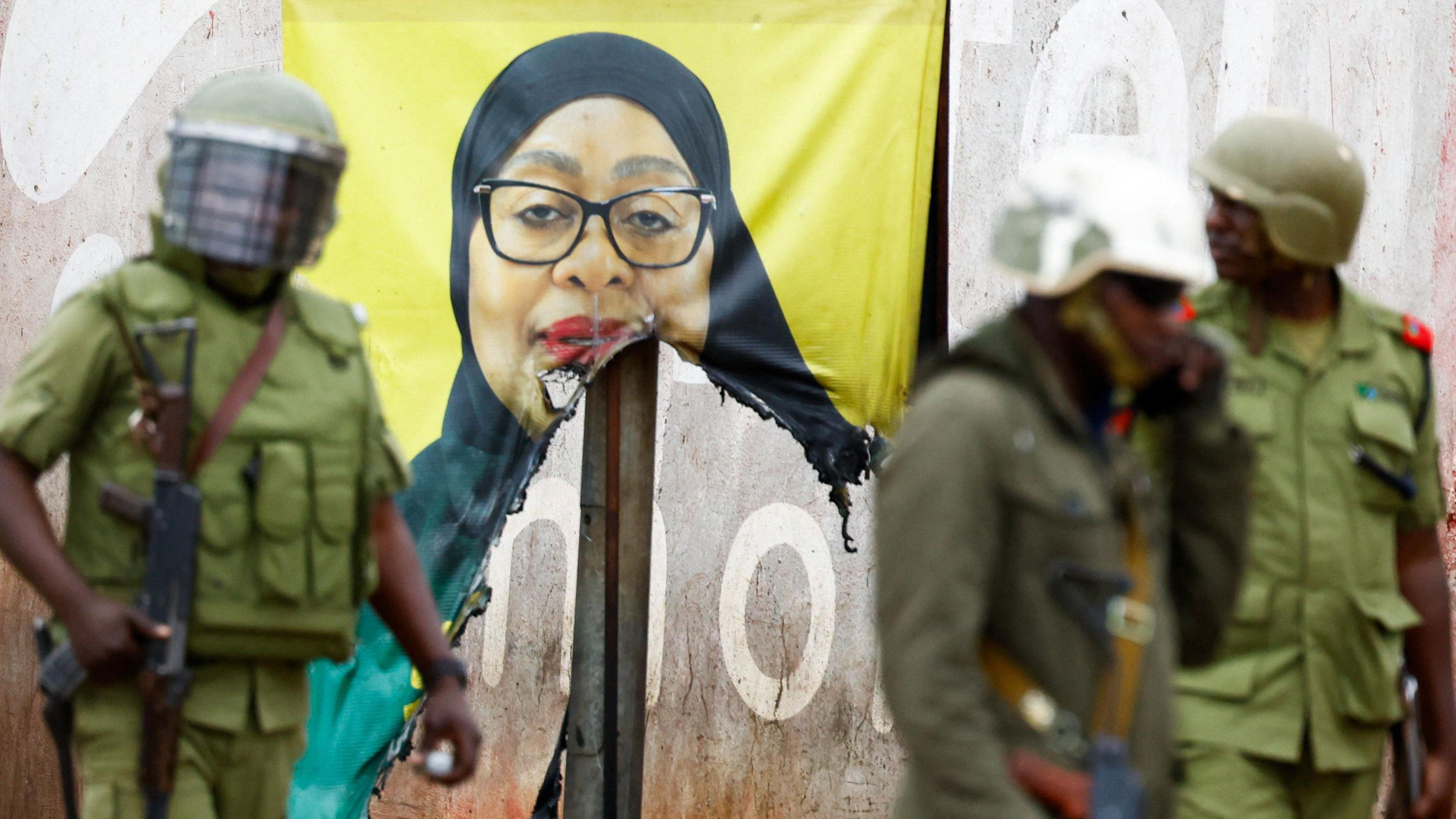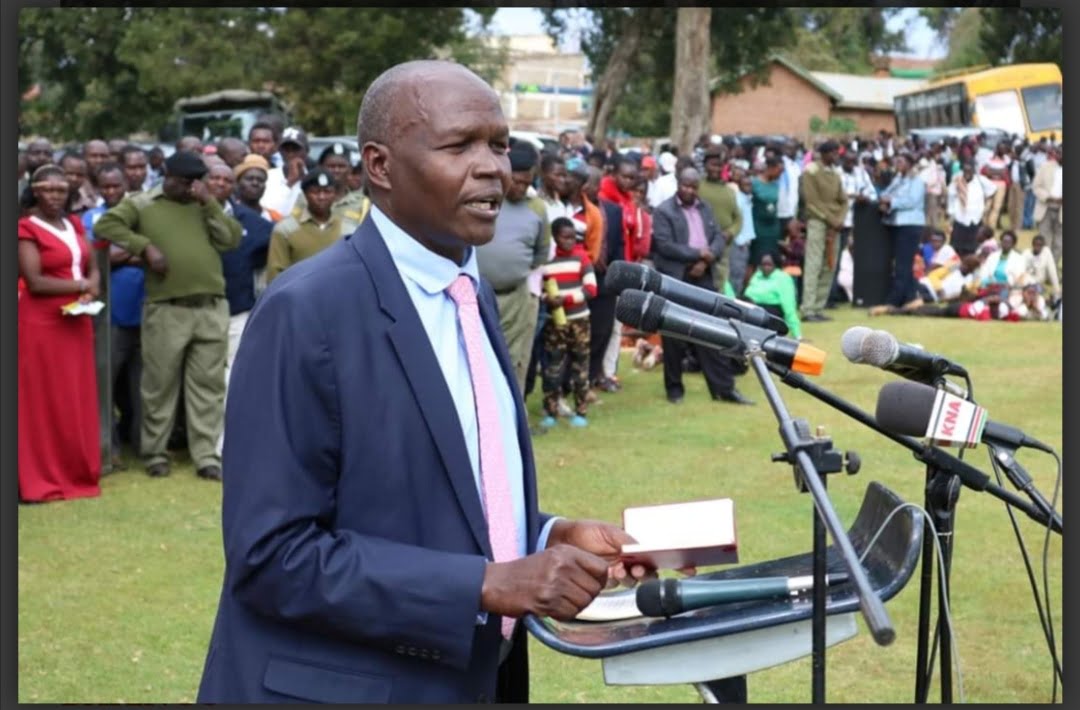TikTok, the wildly popular social media app loved by Africa’s youth, is now being accused of playing a dangerous new role: fueling military coups.
In a startling revelation, Kenya’s Government Spokesperson Isaac Mwaura claims that unknown forces are using TikTok to wage psychological warfare, targeting African presidents and glorifying military rule.
This isn’t just about viral dances or comedy skits anymore—behind the scroll lies a brewing storm of digital manipulation.
With rising political instability in countries like Sudan, Niger, and Congo, Mwaura’s warning demands attention: Are foreign actors using TikTok as a tool to push Africa toward the barrel of the gun?

TikTok Fuels Military Coups Across Africa, Govt Spokesman Mwaura Warns
Government Spokesperson Isaac Mwaura didn’t mince his words. In an interview with NTV on Monday, April 7, he claimed that TikTok is being used as a silent weapon to destabilize African governments.
According to Mwaura, unknown individuals are deliberately spreading content that discredits elected leaders—especially presidents—by portraying them as corrupt, outdated, and unfit to rule.
At the same time, TikTok is allegedly being flooded with content that glorifies military figures, painting them as strong, visionary alternatives.
“If you look at TikTok, there seems to be a very silent operation promoting military takeovers,” Mwaura stated. “There’s a deliberate effort to demean certain African leaders and uplift those with military backgrounds. Somebody, somewhere, could be engineering coups across African countries.”
Mwaura called it a psychological operation—one that hides in plain sight under the guise of entertainment and free expression. He believes this manipulation is not random. It’s organized, strategic, and deeply concerning.
This isn’t the first time warnings about social media’s role in political unrest have surfaced. But linking a specific platform like TikTok to coordinated efforts to incite military coups brings a new dimension to Africa’s digital security threat.
Experts Echo Concerns – Social Media as a Threat to Peace
Two days before Mwaura’s comments, COTU Secretary General Francis Atwoli issued his own warning. Speaking at the COTU Shop Stewards Meeting on April 5, Atwoli urged the government to regulate social media before it fuels violent conflict in Kenya and beyond.
“Those on social media must stop spreading propaganda,” Atwoli said. “If you don’t love this country, investors will flee. You’ll start fights, and before you know it, we’ll be like Sudan or Congo.”
Atwoli urged President Ruto to take a page from China’s playbook, where digital platforms operate under strict state control. He emphasized that misinformation online doesn’t just harm reputations—it can spark real-world violence.
National Intelligence Service (NIS) Director General Noordin Haji added to the rising chorus of caution. On April 3, Haji warned that unchecked social media misuse could jeopardize both national and regional stability.
“We’ve seen platforms used for civil advocacy,” Haji said, “but they’ve also become tools for coordinated misinformation and disinformation. That’s a threat to security.”
He acknowledged that free speech is a constitutional right but insisted that it must be balanced with national interests. When false narratives run unchecked, he argued, the damage can be swift and devastating.
Digital Chaos vs Political Fragility
The concerns voiced by Mwaura, Atwoli, and Haji reflect a broader unease gripping African leadership. In recent years, countries like Niger, Guinea, Burkina Faso, and Mali have experienced military takeovers—many of which gained public support thanks to viral content glorifying soldiers as saviors.
With its vast reach and algorithm-driven feeds, TikTok becomes the perfect tool for manipulating public opinion. Unlike traditional propaganda, content spreads peer-to-peer, giving it a grassroots feel even when it’s manufactured.
While critics warn against censorship and authoritarian overreach, the threat is real: digital platforms are being weaponized in information wars. The challenge now is finding a way to protect democratic institutions without silencing legitimate dissent.
Africa’s political future may very well be shaped by what happens on the screen of a smartphone. The question is: who’s really controlling the narrative?











































